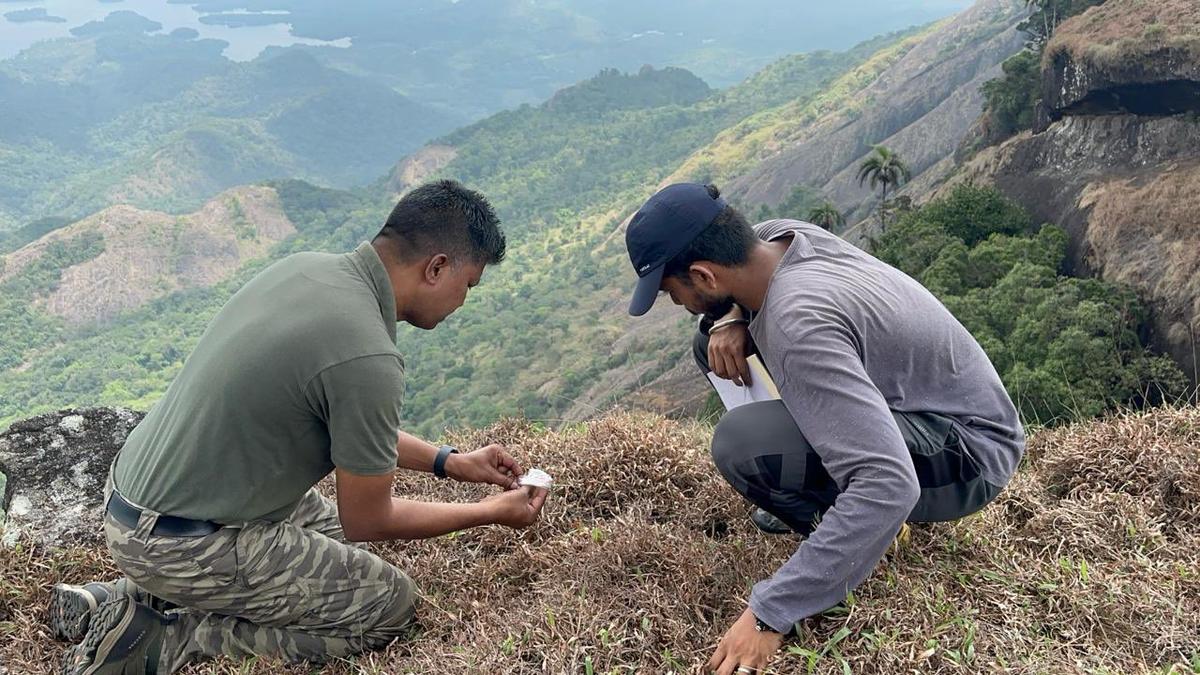
Pellets of Nilgiri tahrs collected during survey to be sent for molecular analysis, DNA repository
The Hindu
The first synchronised estimation of the Nilgiri tahrs in Tamil Nadu and parts of Kerala, which concluded on May 1, will generate DNA repository of the mountain ungulate, besides shedding latest data on its population
The first synchronised estimation of the Nilgiri tahrs in Tamil Nadu and parts of Kerala, which concluded on May 1, will generate DNA repository of the mountain ungulate, besides providing the latest data on its population.
During the three-day survey held from April 29, Forest Department staff, experts and biologists collected pellets of the Nilgiri tahr, which is listed as an ‘endangered’ species by the International Union for Conservation of Nature (IUCN), to create DNA repository and to carry out molecular analysis.
“The pellets will be sent to the Advanced Institute for Wildlife Conservation at Vandalur where scientific analyses would be done. It will help the Department to find out the presence of bacterial and viral diseases, if any,” said M.G. Ganesan, Director of the Project Nilgiri Tahr.
Briefing about the exercise, Supriya Sahu, Additional Chief Secretary, Environment, Climate Change and Forest, posted on ‘X’ on Friday that the survey data is likely to be available in three weeks from now.
According to the Tamil Nadu Forest Department, the survey was held in collaboration with the Kerala Forest Department, Wildlife Institute of India (WII), WWF-India and the IUCN.
The survey was carried out by 700 persons in a total of 138 blocks in 13 forest divisions. After the exercise, field officers conducted debriefing sessions for field staff.
IUCN Country Representative Yash Veer Bhatnagar participated in the survey as the third party observer at Grass Hills National Park and discussed the strategy of the survey with field staff. S. Sathyakumar, Scientist, WII, participated in the survey as an expert. They observed survey methodology and examined the data sheet form updation.











